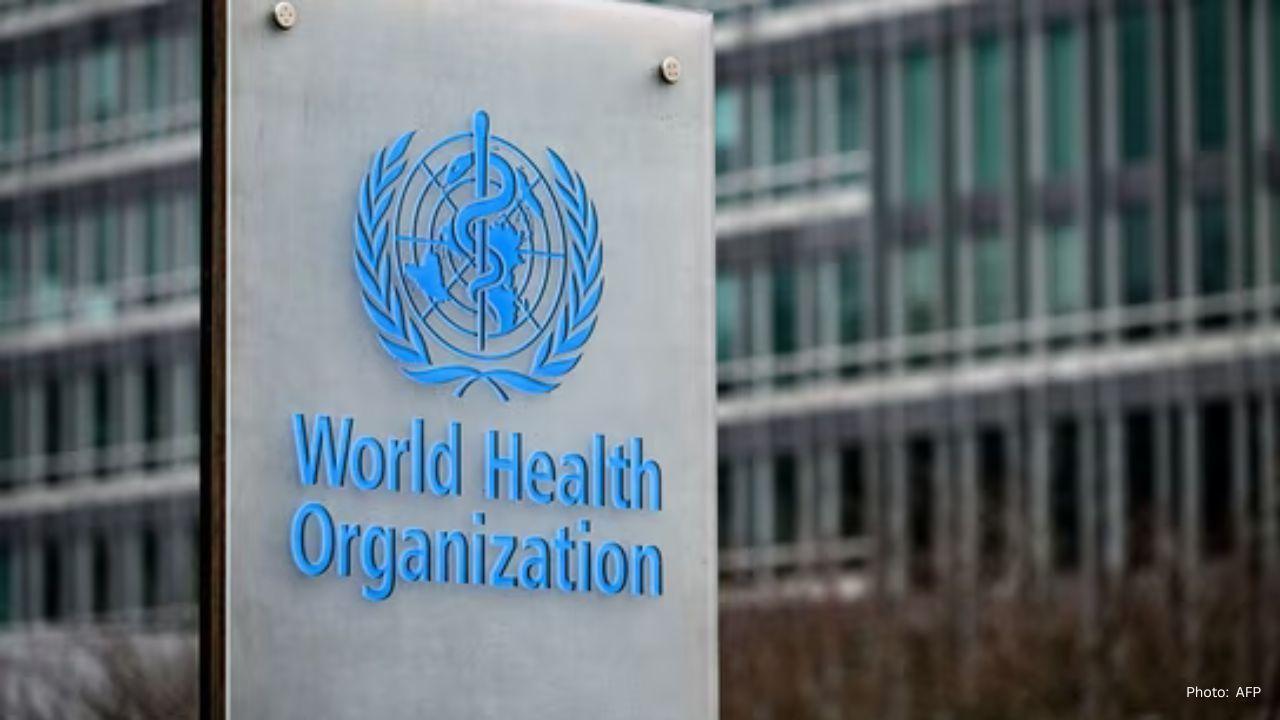
Post by : Saif Nasser
A recent study published in The BMJ has raised significant concerns regarding the impact of sugar intake during infancy on long-term heart health. The research emphasizes the first 1,000 days of life—from pregnancy to early childhood—highlighting a potential correlation between sugar rationing during this crucial period and reduced heart disease in adulthood. The findings suggest that minimizing sugar consumption early on could foster better cardiovascular health later in life, offering compelling evidence to this theory.
The study analyzed data from 63,433 UK Biobank participants born between October 1951 and March 1956, all of whom had no prior cardiovascular conditions. To reinforce findings, the research included additional insights from the English Longitudinal Study of Ageing and the Health and Retirement Study. The context of sugar rationing in the United Kingdom in the early 1950s provided a unique opportunity to explore the varied effects of sugar exposure on health outcomes.
The results were striking. Those who lived through sugar rationing during pregnancy and in their first two years demonstrated up to a 20 percent decrease in overall cardiovascular disease risks compared to their counterparts. These individuals showcased lower occurrences of heart attacks, heart failure, strokes, and related fatalities. Additionally, they exhibited improved heart metrics, indicating that a low-sugar environment in early life may promote healthier cardiovascular development.
The implications of these findings are critical, as the first 1,000 days of life represent a key period for growth and metabolic development. The research suggests that reduced sugar intake during this stage can positively influence long-term health outcomes. Choices such as limiting sugary foods during pregnancy, nursing exclusively for the initial six months, and postponing the introduction of added sugars in infants might significantly affect health in adulthood.
Current health guidelines support the reduction of sugar intake during these formative years. The National Health Service notes that “free sugars,” which encompass added and naturally occurring sugars in foods and drinks, should constitute no more than 5 percent of daily caloric intake. Nevertheless, many people surpass this recommendation due to sugary snacks and drinks prevalent in modern diets.
This study emerges amidst rising global concerns about sugar consumption, which has long been associated with conditions like obesity and heart disease. Uniquely, this research underscores the importance of early-life nutrition, indicating its lasting effects into adulthood. It serves as a vital reminder for families, health professionals, and policymakers alike that nutritional choices made early on can help mitigate future health issues.
The findings offer encouragement for expectant parents, advocating for the establishment of healthy dietary habits early in life. Steps such as limiting sugar-laden products, prioritizing balanced meals, supporting breastfeeding, and introducing unsweetened foods when starting solids can pave the way for enhanced long-term health. Although further research is essential to understand these connections across diverse populations, the evidence presented enhances our comprehension of how childhood diets influence adult health.










New Zealand Claims Series Victory with Five-Wicket Win Against West Indies
New Zealand secures a five-wicket victory over West Indies in Napier, clinching the ODI series 2-0 w

NFL Imposes One-Game Ban on Bengals' Ja'Marr Chase for Spitting
Bengals star Ja'Marr Chase faces a one-game suspension for spitting at Jalen Ramsey, with his appeal

England Unveils 12-Player Roster for First Ashes Clash in Perth
England reveals its 12-player lineup for the opening Ashes Test in Perth, highlighting Shoaib Bashir

Jamaica's McClaren Resigns Following World Cup Qualifying Draw
After a goalless draw with Curacao, Steve McClaren resigns as Jamaica's coach, leaving them to vie f

Daryl Mitchell Tops ICC ODI Rankings, Major Player Movements Noted
Daryl Mitchell ascends to the No.1 ODI batter position, with notable improvements from players in va

Bangladesh Women's Cricket Tour to India Postponed Indefinitely
The Bangladesh women's cricket team's tour of India in December has been postponed indefinitely due